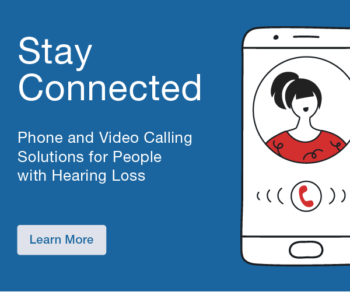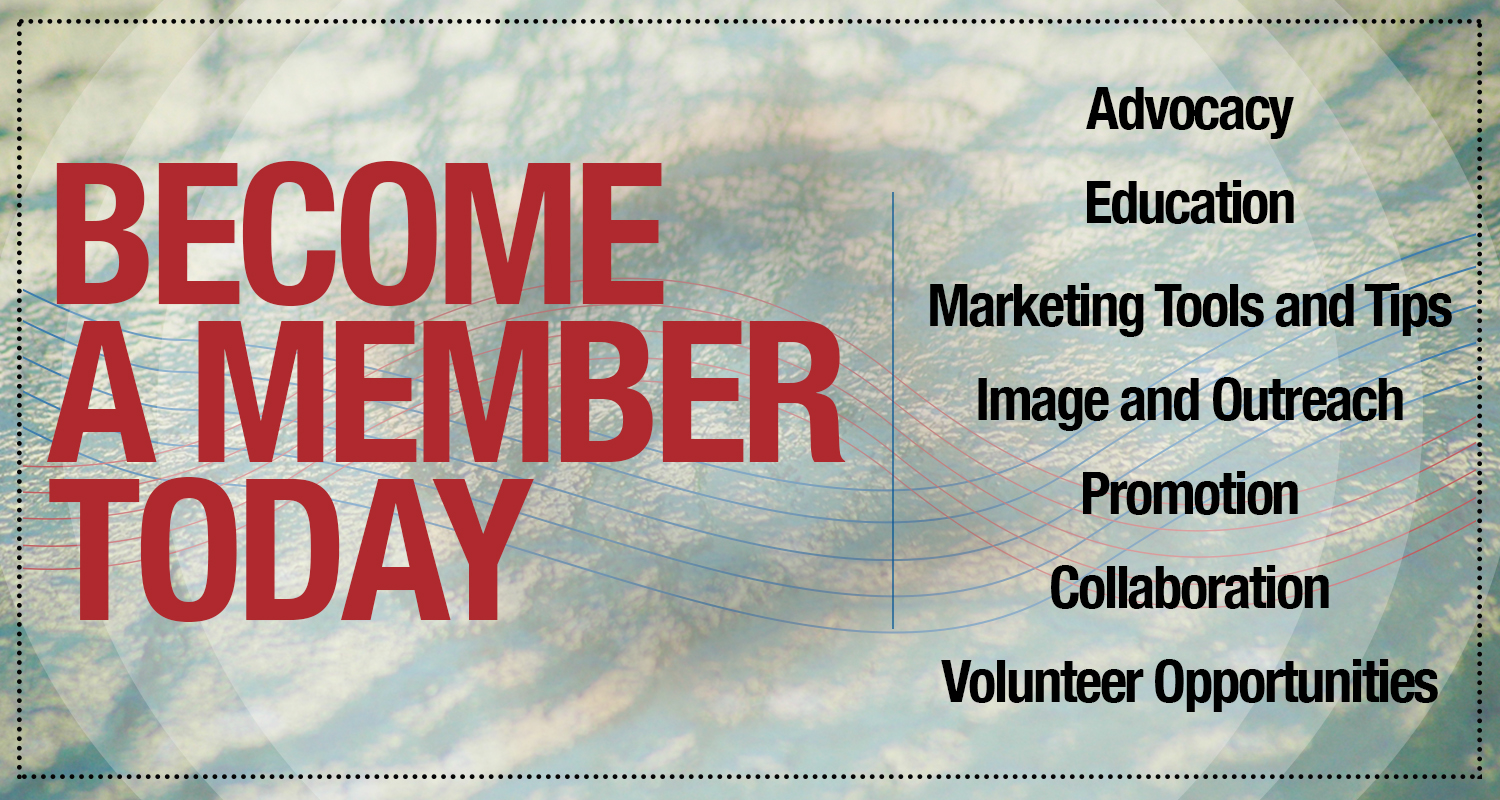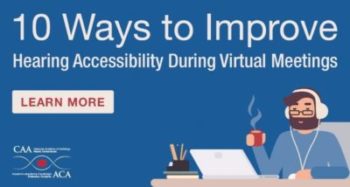In this presentation we will discuss internal barriers clients experience related to difficult emotions and thoughts about their hearing loss that can interfere with hearing care. Being responsive to individual client experiences and needs is important for optimizing outcomes. To provide holistic care clinicians must consider internal client factors that influence their behaviours, and the Acceptance and Action Questionnaire: Adult Hearing Loss (AAQ-AHL) can help clinicians identify internal barriers. Research related to the development and use of the AAQ-AHL will be described. We will discuss common barriers clinicians experience in talking with clients about their psychosocial challenges to help clinicians reflect on their attitudes and typical practice patterns. Clinicians can leverage the benefits of evidence-based psychological strategies to address the challenges their clients experience and support behaviour change. To do this, clinicians first need to know which clients are struggling with internal challenges. By treating the whole person, hearing care professionals will be more successful in helping their clients achieve desired outcomes, their clients will be more satisfied, and the value of their services will stand out.
Learning Objectives:
- Explain how internal challenges can be a barrier in hearing care.
- Describe how to use the AAQ-AHL questionnaire as a screening tool.
- List strategies clinicians can use in practice to address client internal barriers.



